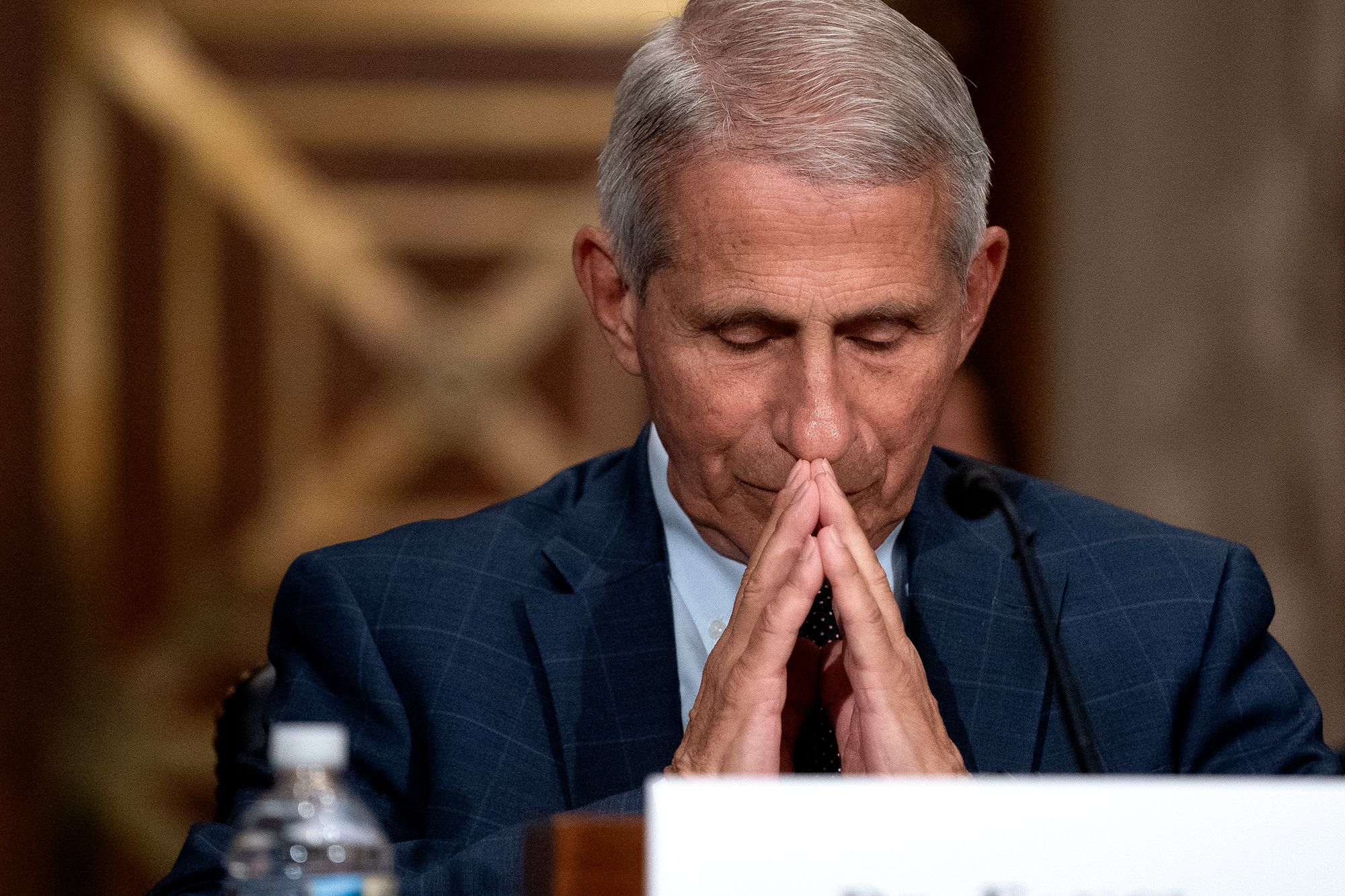COVID hospitalizations in San Francisco have doubled in the past two weeks, and across the Bay Area, the hospital count rose 12% on Monday alone. This is almost certainly due to the widespread mixing of unvaccinated people over the July Fourth holiday, and we are now hitting the two-week mark where a percentage of those infections are taking a serious turn.
The number of San Franciscans in hospitals with serious COVID-19 cases hit 46 on Monday, following two weeks in which daily new case rates have been rising in the city and elsewhere in the Bay Area and the state. The total number of Bay Area residents in hospitals with COVID (confirmed and suspected cases) hit 443, a jump of 47 cases or 11.9% between Sunday and Monday. That is almost exactly double the number of hospitalizations recorded on June 30, when 220 people were hospitalized with COVID in the region, and it mirrors the widespread surge in new infections seen across the country as more states and cities relaxed pandemic restrictions.
The Centers for Disease Control announced Tuesday that the Delta variant now accounts for 83% of all COVID infections in the U.S., and the rate may be even higher in some areas where vaccination rates are low. Last week, the CDC put parts of Alameda County on a nationwide list of COVID hot-spots, due to their low rates of vaccination.
Across the state, COVID hospitalizations once again crossed above the 2,000 mark on Monday, after dipping to a low of 915 on June 12. About 500 of those hospitalizations, or 25%, are in ICU beds.
The CDC says that nationwide, 97% of COVID hospitalizations and 99% of deaths are among the unvaccinated.
The current surge is reminiscent of previous surges in the summer of 2020 and in December/January, despite high rates of vaccination overall in San Francisco and elsewhere. And the speed of it has many of us on edge about the new voluntary mask guidance announced Friday leading to a return to more mandatory lockdown measures.
Several local experts spoke to the Chronicle Monday saying that vaccinated people still don't have to fear serious illness. But in the interest of avoiding getting sick at all, or potentially passing the virus on to someone who isn't vaccinated, a return to the more stringent mask norms in restaurants and elsewhere makes sense.
"It would be great from a public health standpoint if we instituted more restrictions, but then businesses would complain,” said Stanford infectious disease expert Robert Siegel. "Of all the things you could do that wouldn’t impact the economy, wearing a mask is the easiest."
And in response to the surge — and in deference to some recent pushback from employees about a mandatory return to the office — Apple announced Monday that its plan to return to the office in September has been pushed back by at least a month.
Earlier today, Dr. Anthony Fauci and Janet Woodcock, acting commissioner of the FDA were testifying at a Senate Health, Education, Labor, and Pensions Committee hearing about the Biden Administrations plan to tackle the Delta variant and the vaccination campaign. And the hearing featured yet another shout-down between Senator Rand Paul and Fauci, with Paul bringing up some right-wing conspiracy stuff about Wuhan again and Fauci saying, "Senator Paul, you do not know what you are talking about, quite frankly, and I want to say that officially."

Not everyone agrees that new mask orders or restrictions are going to help with the current case surge. Solano County Health Officer Dr. Bela Matyas, who has resisted any new recommendations about masks, said in comments on Monday that the majority of cases he was seeing were not coming from people out in public spaces.
"The cases have been occurring over the last two weeks because of July 4 behavior — barbecues, gatherings in people's backyards," Matyas said, speaking to NBC Bay Area. "So a masking mandate for indoors for shopping, retail and restaurants is not going to make any difference. That's not where it's being transmitted. It's being transmitted in people's homes."
Matyas, though, notably, was the last health officer in the Bay Area to order offices and other businesses to close last March, before it became more widely known that coronavirus transmission was primarily airborne.
As the Chronicle notes, the current number of hospitalizations in Bay Area counties is still a fraction of what it was in mid-January. In San Francisco, for instance, 6.1 people out of 100,000 were hospitalized for COVID on July 18, compared to over 34 per 100,000 on January 18. But even in Marin County, where COVID vaccination rates are high overall, there's been a slight bump in COVID hospitalizations in the last two weeks, after being the only local county to have zero hospitalizations for several days last month.
Related: Bay Area Health Officers Urge Residents to Wear Masks Again in Indoor Public Spaces, Voluntarily
Photo: Olga Kokonenko

